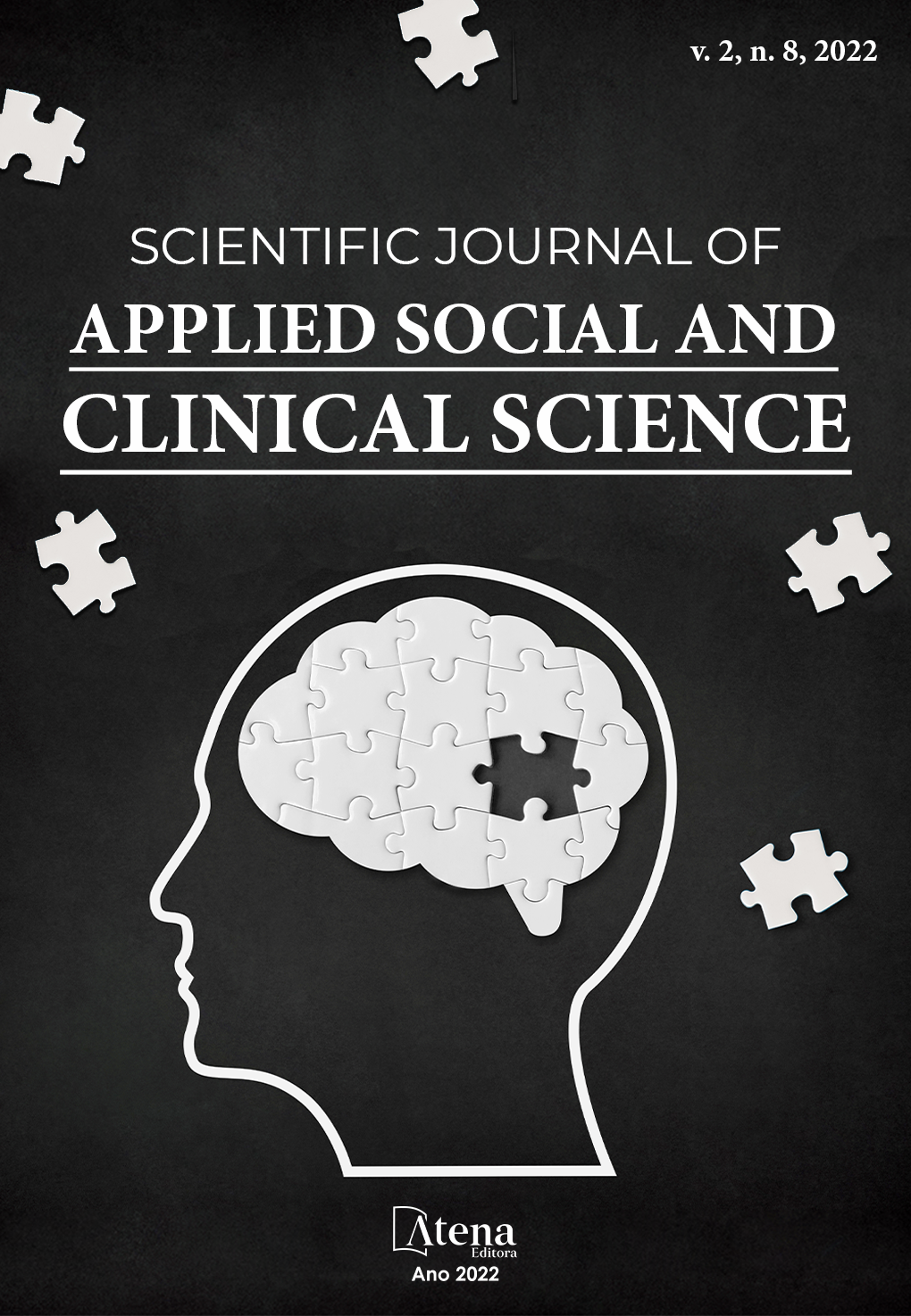
DECISION-MAKING PATTERNS AND ARTIFICIAL INTELLIGENCE
The Brazilian Civil Procedure Code brought, among other innovations, the creation, by law, of a “doctrine of judicial precedents”. The legislative intention of forming a framework of judicial precedents, in practice, was unregulated with the creation and vertical imposition of hierarchical theses by the Superior Courts. Within the time limit of our time, new technologies are incorporated into procedural law and the routine of the Courts, without a necessary “filtering” and independently between Courts. Having found a huge collection of pending solutions in the Superior Courts, Artificial Intelligence and machine learning emerge as alternatives for solving demands, optimizing deadlines and qualifying decisions. However, the indiscriminate use of new technologies, without consolidating ethical discussions on the subject, can generate distortions when making decisions, fully or partially supported by artificial intelligence.
DECISION-MAKING PATTERNS AND ARTIFICIAL INTELLIGENCE
-
DOI: 10.22533/at.ed.2162822050510
-
Palavras-chave: Artificial intelligence. Machine Learning. precedents. Fundamental rights.
-
Keywords: Artificial intelligence. Machine Learning. precedents. Fundamental rights.
-
Abstract:
The Brazilian Civil Procedure Code brought, among other innovations, the creation, by law, of a “doctrine of judicial precedents”. The legislative intention of forming a framework of judicial precedents, in practice, was unregulated with the creation and vertical imposition of hierarchical theses by the Superior Courts. Within the time limit of our time, new technologies are incorporated into procedural law and the routine of the Courts, without a necessary “filtering” and independently between Courts. Having found a huge collection of pending solutions in the Superior Courts, Artificial Intelligence and machine learning emerge as alternatives for solving demands, optimizing deadlines and qualifying decisions. However, the indiscriminate use of new technologies, without consolidating ethical discussions on the subject, can generate distortions when making decisions, fully or partially supported by artificial intelligence.
-
Número de páginas: 19
- William Soares Pugliese
- Amilcar Cordeiro Teixeira Filho


